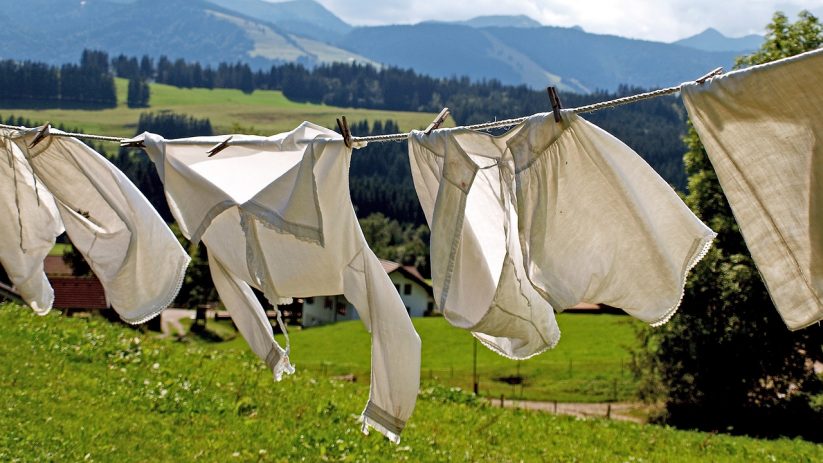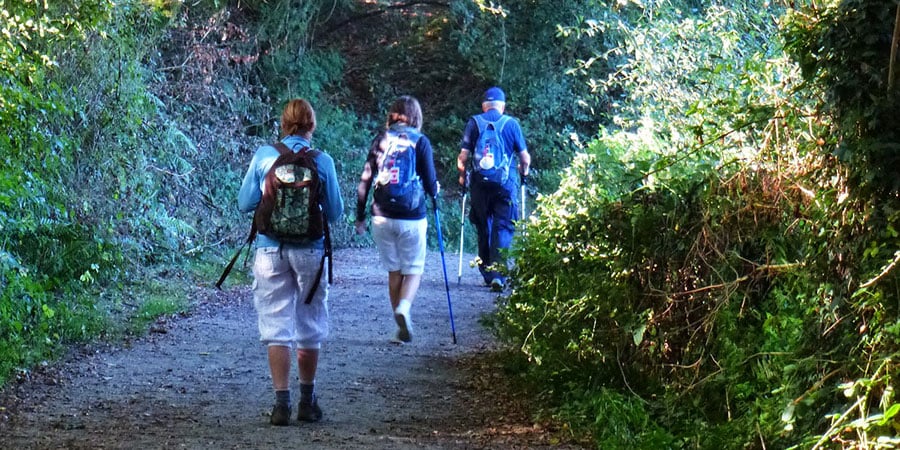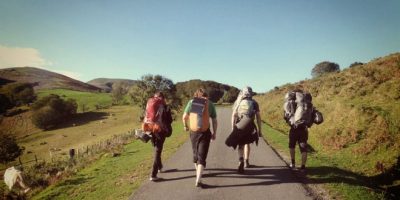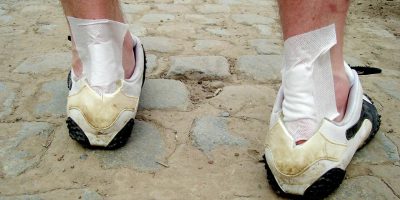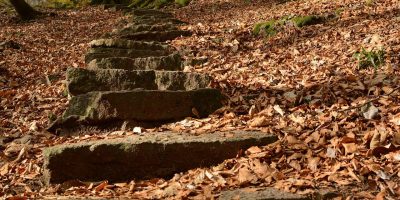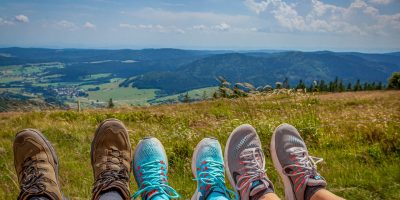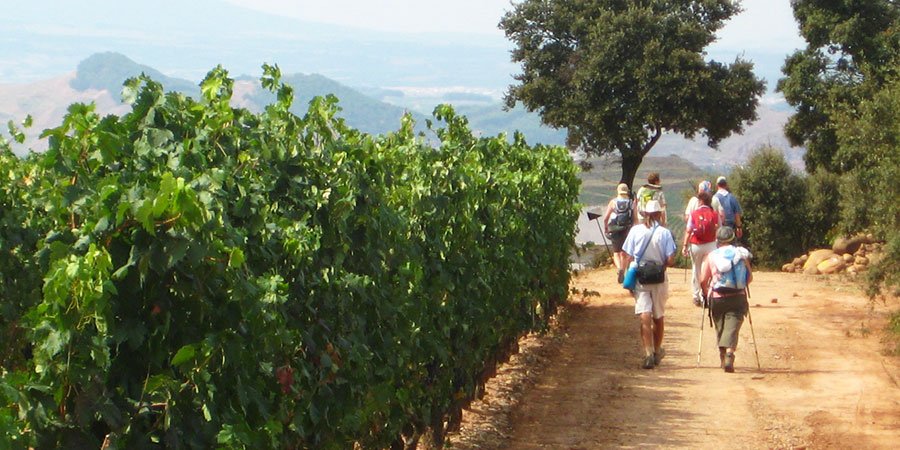Camino Preparation Tip #3: How to prevent chafing
Preparing for the Camino de Santiago?
Tip #3 of the Camino Preparation Programme by Peter from D-Pete Health & Fitness Clinic in Dublin focuses on How to prevent chafing.
What is chafing?
Chafing is the irritation of the skin due to repetitive friction (the rubbing together) of body parts and/ or clothing.
Common areas:
- Groin (inner thigh)
- Buttocks (inner gluts)
- Armpits
- Nipples
- Bra line
Causes:
- Repetitive movement
Repetitive movements during activities such as walking, running, hiking for extended periods of time, the skin can become irritated - Sweat
If sweat is allowed to dry and you continue on exercising, the salt residue left behind from the sweat can intensify the friction and cause further irritation. - Developed areas
People who have well-developed quadriceps (thigh muscles) or tight bone structures will be at a higher risk of experiencing chafing
Prevention:
1. Keep Hydrated
Drinking plenty of water during your Camino will prevent dehydration thus allowing you to perspire freely and prevent chafing
Note: if you stop perspiring your sweat will form salt crystals and increase the amount of friction.
2. Clothing
Wear snug clothing such as shorts, sports bras, but ensure they are not too tight or too loose. This will only create more friction:
- Choose breathable, wicking fabrics. NO cotton!
- Clothing should have few seams, flat seams, and small flat stitching.
- Do not wear unwashed or untested new clothing on your Camino hike. Get accustomed to wearing your clothes and shoes during your preparation for your Camino
3. Stay Dry
- Use talcum powder or corn starch to stay dry.
4. Lubricant
If all else fails then lubricant will be your new best friend. It not only protects the skin from chafing but can help heal the skin and also is helpful with blister prevention. Make your own lubricant:
- Mix equal parts nappy rash ointment and Vaseline (1 cup each)
- Then add vitamin E cream and Aloe Vera cream (1/4 cup each) to improve consistency and smell (Mixture should be stiff, yet applicable.)
- Low cost and effective. Measurements do not have to be accurate
Treatment:
- Wash with soap and warm water
- Apply an antibacterial ointment or antiseptic spray and cover with a band-aid
This relieves pain and itching, promotes healing, and keeps the area lubricated so you can continue walking without discomfort.
Continue reading our preparation and fitness plan by D-Pete:
